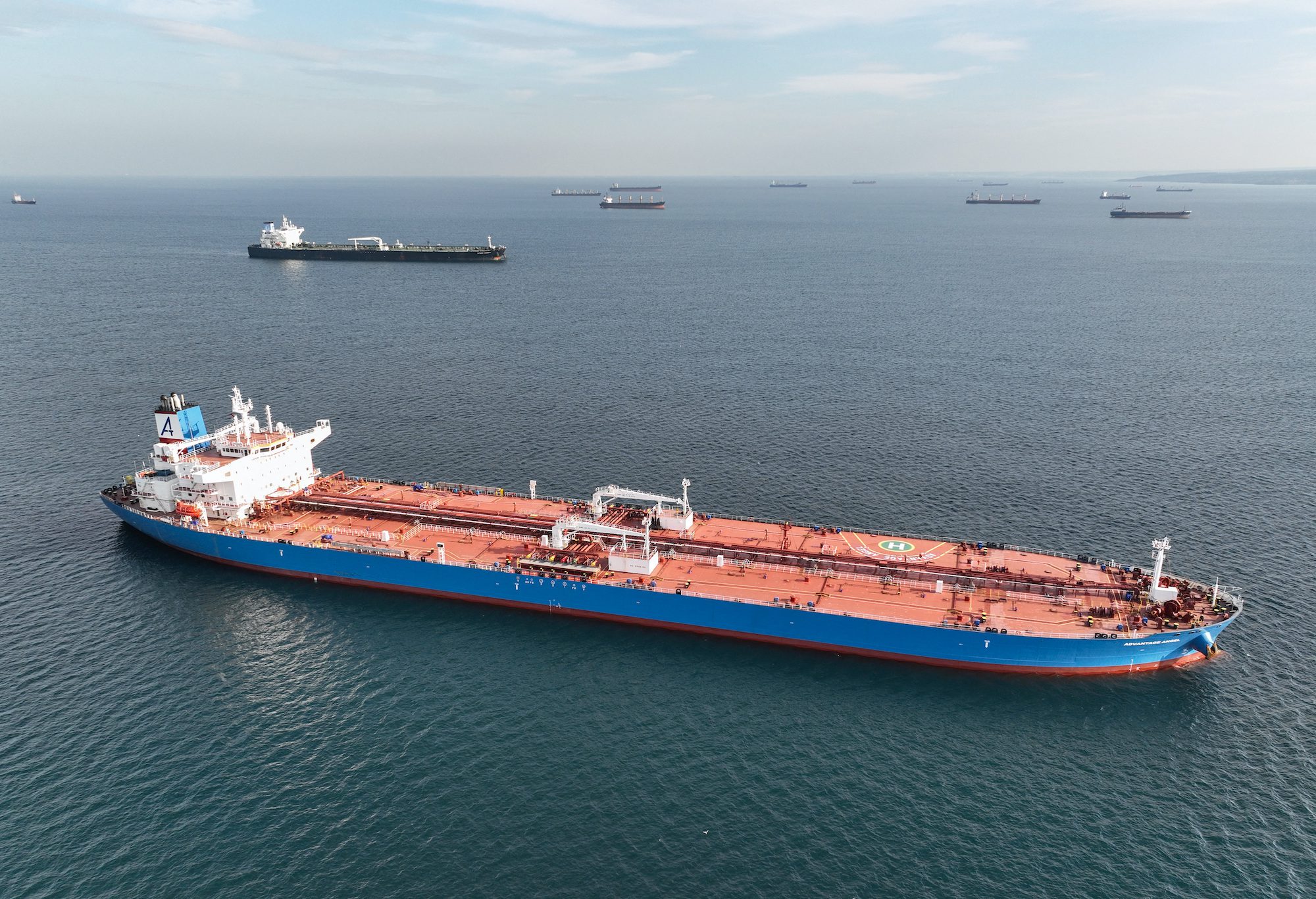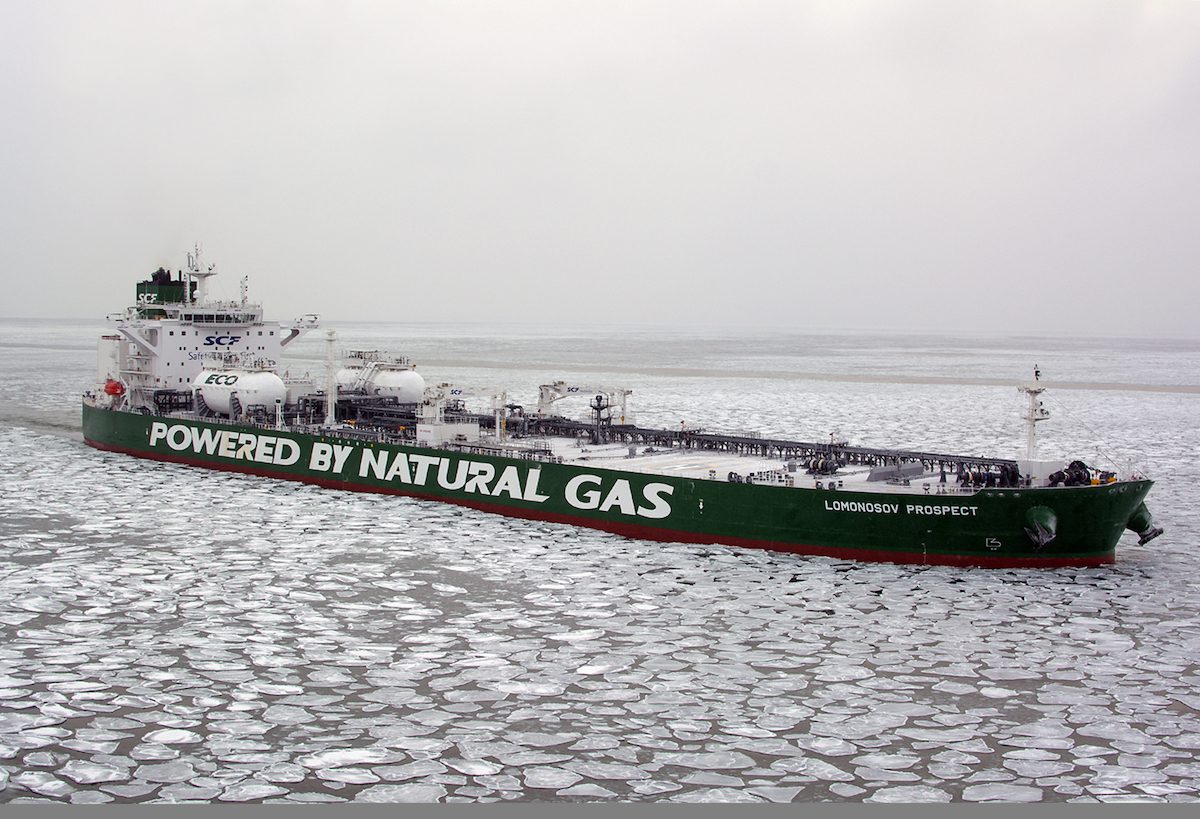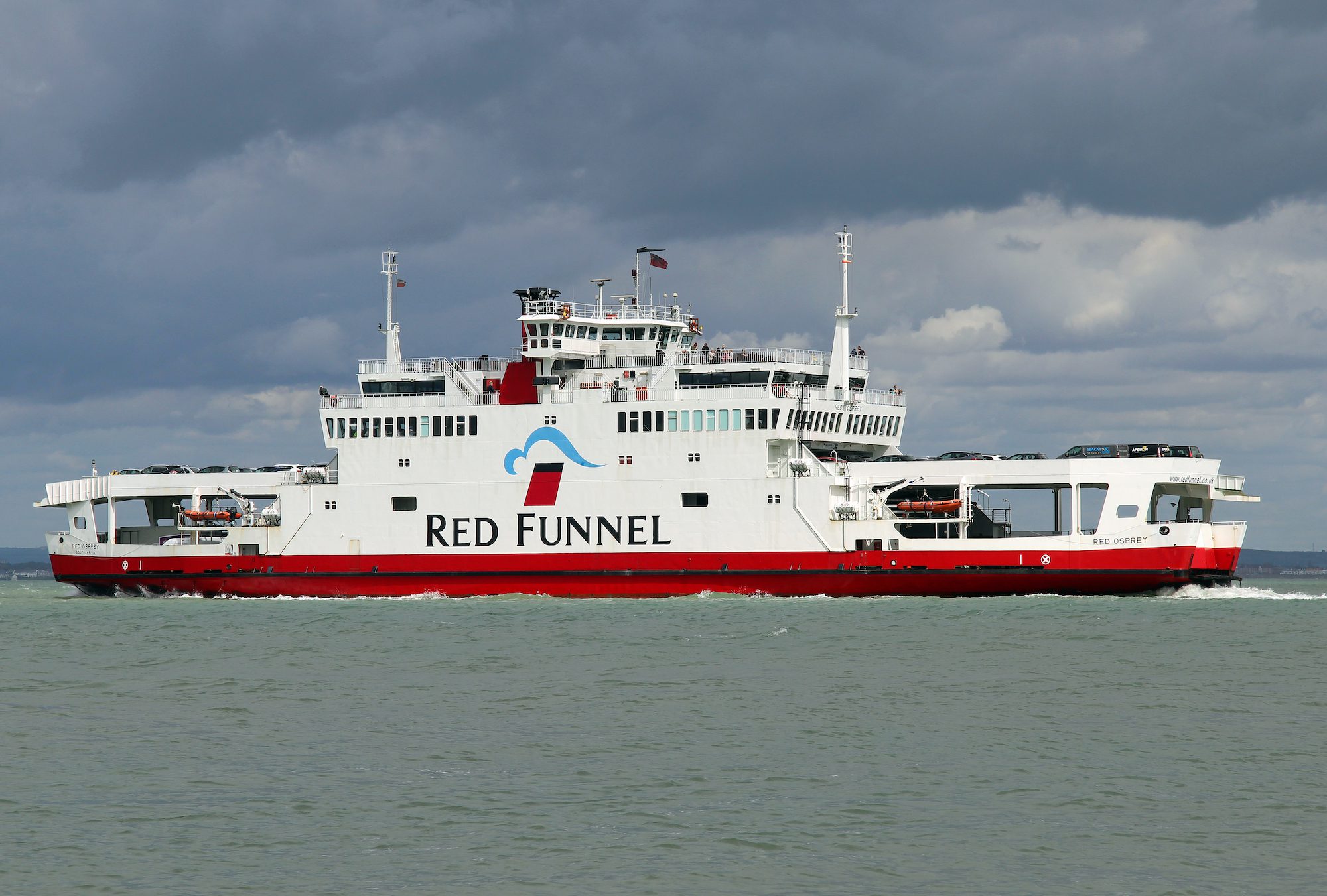By Firat Kozok, Selcan Hacaoglu and Sherry Su (Bloomberg) —
Turkey dug in on an insistence that oil tankers navigating its waters must prove they’re insured to do so, leaving a glitch from sanctions on Russia unresolved and hindering the flow of millions of barrels of crude.
Turkish officials, speaking on condition of anonymity, estimated that about 2 million tons — or almost 15 million barrels — of oil are currently held up by the impasse. Over the past year, almost 700 million barrels passed through the country’s Bosphorus and Dardanelles straits, waterways that now need additional proof of insurance.
The government in Ankara is still rejecting pressure from the US, UK and the insurance industry to alter its rules, the officials said. They added that the backlog isn’t serious and that several vessels have navigated through since the rule began.
Shipping data compiled by Bloomberg indicate that a larger amount of crude — about 25 million barrels — has gotten backed up. They also suggest that just one laden crude tanker has gone all the way through both straits since Turkey stiffened its rules. The longer the spat goes on, the greater the risk to oil flows.
Most of the cargoes in question are from Kazakhstan, although several have arrived from Russia in the past few days.
Turkey’s policy began on Dec. 1 just days before European Union sanctions on Russia came into effect.
Layer of Doubt
The difficulty for Turkey is that sanctions on Russia mean tankers can only access industry standard insurance if the cargoes they’re carrying were purchased at $60 a barrel or less. That creates a layer of doubt about whether an individual ship will be covered.
It shouldn’t, however, be an issue for oil from Kazakhstan, which isn’t subject to sanctions, the US Treasury has said.
Turkey is seeking a written confirmation that passing vessels’ insurance status won’t be affected due to any sanction, the officials said.
“Turkey has made clear they share our interest in a well-supplied market,” White House Press Secretary Karine Jean-Pierre said in a briefing Friday. “They want to resolve this issue and we are again having those conversations with Turkey, and we feel like we’re going to get to a place where this will get resolved.”
Turkey will reiterate that stance in a meeting with international insurers on Friday, they said, adding that Turkey has already rejected numerous letters because their wording wasn’t right.
Turkey, meanwhile, allowed passage of two ships carrying crude to refineries in Izmit and Ceyhan in Turkey, after receiving necessary paperwork, they said. A third could also be allowed to pass depending on confirmation from another refinery in Aliaga peninsula on Turkey’s Aegean coast, the officials said.
Turkey plans to allow passage of nine tankers stuck in the Marmara — a sea in between Bosporus and Dardanelles straits — because they pose a security threat to shipping and the environment, the officials said.
Those tankers will be allowed to continue toward their destinations but may face additional costs related to security measures required to remove them from Turkish waters, the officials added.
–With assistance from Julian Lee and Josh Wingrove.
© 2022 Bloomberg L.P.
Unlock Exclusive Insights Today!
Join the gCaptain Club for curated content, insider opinions, and vibrant community discussions.

 Join The Club
Join The Club













